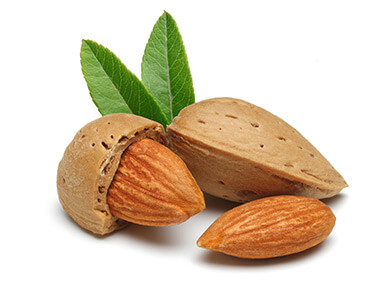The Best Ingredients For The Best Results
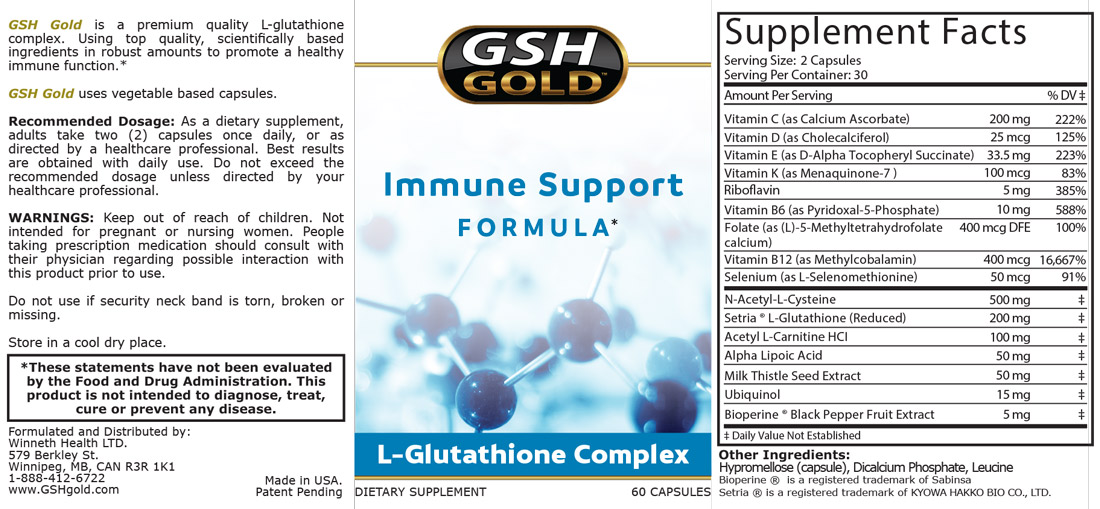
GSH Gold Ingredient Breakdown
Setria® L-Glutathione (Reduced)
Referred to as the body’s Master Antioxidant, glutathione is one of the most important molecules for detoxification, repair and maintenance of our body and cells. In fact, glutathione levels are measured in order to determine an individual’s overall body toxicity.
Supplementing L-glutathione orally is an effective way to increase your GSH levels. [1] Improved glutathione levels benefit virtually every bodily system and function, playing an integral role in mitochondrial health and fighting oxidative damage and free radical formation. [2]
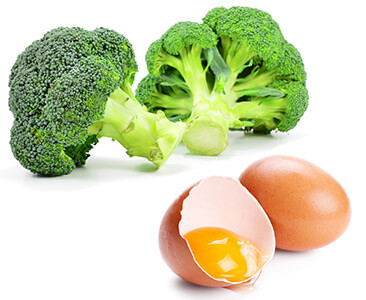
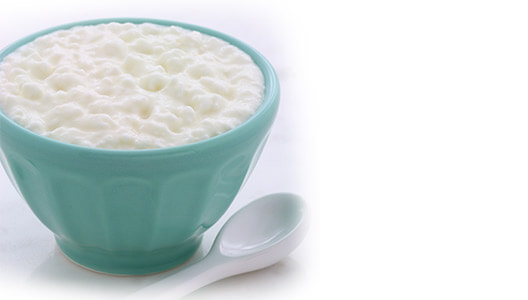
N acetyl-L-cysteine
In order to produce glutathione naturally, our body requires three different amino acids; glycine, glutamic acid and cysteine. Cysteine is the rate limiting factor, meaning the other two amino acids are readily available. Supplementing cysteine in a usable form like N acetyl-L-cysteine will help improve the body’s natural production of glutathione.
N acetyl-L-cysteine yields extraordinary benefits beyond enhancing our glutathione levels. It has been found to lower homocysteine levels and reduce oxidative stress, two leading causes of disease and illness. [3] NAC has proven to help minimize the symptoms associated with the influenza virus, as well as inhibiting the proliferation of the virus. [4]
Alpha lipoic acid
A powerful antioxidant found in every cell in the body. Alpha lipoic acid is needed by our cells to help convert glucose into energy and minimize free radical damage.
Alpha lipoic acid or ALA is unique in that it is both fat and water soluble. While many antioxidants are only capable of reaching certain cells, alpha lipoic acid has free reign to reach virtually every cell in the body.
Cellular energy is a critical component in overall health, making alpha lipoic acid an extremely important antioxidant. ALA has been used to help treat diabetics due to its effects on insulin sensitivity, as well as helping obese patients lose excess body fat. [5,6] It also aids in muscle regeneration and cognitive health, truly a remarkable supplement with profound health benefits. [7,8]
Acetyl L-carnitine
A widely recognized energy supplement, Acetyl L-carnitine or ALC is commonly used to improve energy levels and quality of life in patients with a variety of health conditions. [9]
Acetyl L-carnitine plays a key role in cellular metabolism, transporting fatty acids to the mitochondria to be broken down. When someone is deficient in carnitine it can lead to a decreased ability to utilize long chain fatty acids as energy. [10]
The biologically active form of carnitine is L-carnitine, which is widely used as a natural dietary supplement. Popular among fitness enthusiasts due to its role in cellular metabolism and energy production, Acetyl L-carnitine also holds immense neurological and cognitive benefits. [11]
Selenium (L-selenomethionine)
Selenium is an important trace element, acting as a cofactor in 3 of the 4 known thyroid hormones that are responsible for switching various other thyroid hormones on or off. This plays a significant role in the body’s hormonal balance and development.
GSH is also a benefactor of selenium’s profound benefits because selenium is also a cofactor for the reduction of many antioxidants, including GSH. [12] Ensuring optimal selenium levels is important for our hormonal balance, antioxidant function and methylation cycle, all working together to keep our health in check.
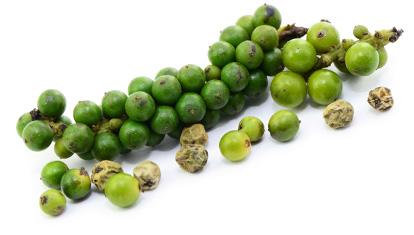
Bioperine®
A patented extract from the black pepper fruit, Bioperine® is a natural thermonutrient capable of significantly increasing the body’s ability to absorb nutrients. Contributing to gut health as well as boosting the bioavailability of nutrients, Bioperine® helps ensure you’re getting the absolute most out of your supplements.
GSH Gold has 5 mg of Bioperine® per dose to enhance the absorption and efficacy of the formula as a whole. The thermogenic effects of Bioperine® aid in every metabolic process and can even help with weight management.
Milk thistle
Silymarin is the potent extract from the milk thistle plant, commonly found in dietary and herbal supplements. It is so common because it is believed to hold powerful liver health benefits, helping to detoxify the body and improve overall health. Much of this benefit is thought to be because of milk thistle’s ability to increase glutathione while reducing lipid peroxidation. [13]
Milk thistle is a kind of herbal heal all, able to promote organ health and detoxify the body. It has even been shown to alleviate the symptoms of allergic rhinitis or Hay Fever. [14] Supplementing with milk thistle can yield a wide range of health benefits due to its GSH promoting qualities and ability to minimize oxidative stress.


Ubiquinol CoQ10
Coenzyme Q10 has three different forms, the fully oxidized form known as ubiquinone, the partially oxidized form, ubisemiquinone and the fully reduced form, ubiquinol. In its fully reduced form, CoQ10 acts as a powerful antioxidant.
CoQ10 is involved in a process called aerobic cellular respiration, which is responsible for about 95% of our energy production. This makes Coenzyme Q10 an extremely important molecule for cellular energy, especially in organs with a high energy demand such as the heart, kidneys and liver.
Different from other antioxidants, CoQ10 inhibits both the initiation and propagation of lipid oxidation as well as protein oxidation. Ubiquinol has also been found to reduce pro-inflammatory genes which can cause severe health problems if inflammation persists. [15]
Typically used for its cardiovascular health benefits, CoQ10 holds many more health benefits due to its link to cellular energy and oxidative damage inhibition.
Vitamin B2 (riboflavin)
Much like other B Vitamins, riboflavin is involved in a vast number of cellular processes. It plays an integral role in energy metabolism as well as the metabolism of fats, carbohydrates, proteins and ketone bodies.
Riboflavin is commonly found in some food sources, but it is necessary to ensure a sufficient dietary intake of this important vitamin. Vitamin B2 is constantly being excreted from the body in urine, making it essential to continuously supplement.

Vitamin B6 (pyridoxal-5-phosphate)
There are many forms of Vitamin B6, but pyridoxal-5-phosphate or PLP is the active form, making it the most effective when supplemented. Pyridoxal phosphate is involved in many metabolic processes, such as the metabolism of amino acids, glucose and lipids, neurotransmitter synthesis and gene expression.
Low Vitamin B6 levels, based on serum levels of pyridoxal-5-phosphate have been associated with inflammatory diseases such as cardiovascular disease, rheumatoid arthritis and diabetes among others. [16]

Vitamin B9 Folate
Folate deficiency is one of the most common nutrient deficiencies. Folic acid is the cheapest and most common form of folate found in many fortified foods and dietary supplements. This is a problem for many people who are incapable of metabolizing folic acid properly. It can also mask a Vitamin B12 deficiency, making it difficult to properly diagnose the deficiency which can lead to many health problems.
(6S)-5-methyltetrahydrofolate is a preferred source of folate due to its distinct advantages over other forms. 5-MTHF is immediately bioavailable, meaning it does not need to be metabolized by the body in order to perform its biologic action.
Individuals with a MTHFR gene mutation can benefit greatly by taking 5-methyltetrahydrofolate over folic acid because of its immediate bioavailability. [17]

Vitamin B12 (methylcobalamin)
Vital for the methylation process and countless cellular processes, it is also important to supplement the correct form of B12. Three distinct forms of Vitamin B12 are available, cyanocobalamin, hydroxocobalamin and methylcobalamin. Many supplements use cyanocobalamin because it is the cheapest form of B12. While each of these forms of B12 yields similar health benefits, the advantage of using methylcobalamin is that it is the most available form of the vitamin. While cyanocobalamin is a man made version which contains small amounts of cyanide. It is not dangerous in recommended amounts, but it does tax the liver, forcing it to process the vitamin and rid the body of the toxic cyanide before it can be utilized.
Methylcobalamin has been shown to improve glutathione status, reduce chronic pain and improve cognitive function, but we believe that is just the tip of the iceberg for this astounding vitamin. [18,19,20]
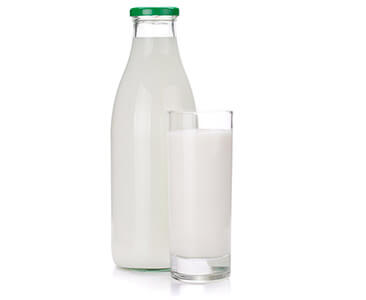
Vitamin C (calcium ascorbate)
One of the most widely recognized antioxidants, Vitamin C plays many important roles in our body. It is crucial that we regularly intake sufficient amounts of Vitamin C because humans cannot synthesize it on their own.
Vitamin C is needed for the growth and repair of all our tissues and it is plays a key role in the creation of collagen. [21] The role Vitamin C has in collagen synthesis has made it an explosively popular ingredient in anti-aging supplements and cosmetics. It does far more than help people fight the signs of aging though, it is required to make skin, tendons, ligaments and blood vessels. Vitamin C also helps heal wounds, form scar tissue, repair and maintain our cartilage bones and teeth while acting as a powerful antioxidant that fights free radical damage and boosts our immune function. [22]

Vitamin K2 (MK-7)
Vitamin K2 deficiency (particularly MK-7) is one of the underlying causes of progressive cardiovascular and bone health deterioration.
Studies have shown that vitamin K is an anticancer, anticalcification, insulin-sensitising molecule that helps with the formation of bones. It’s an essential component for the body to utilize calcium and vitamin D properly. Helping to prevent osteoporosis as well as arterial calcification.
Vitamin D3
Known as the sunshine vitamin because humans can synthesize Vitamin D3 (cholecalciferol) when the skin is exposed to sunlight. Unfortunately many people are still deficient in Vitamin D, even if they are getting plenty of time outside, most people in the Northern Hemisphere just cannot get an adequate amount of this sunshine vitamin through sunshine alone. [23]
Vitamin D3 is generally associated with bone health and development due to its ability to promote calcium absorption and maintain adequate serum calcium concentrations. Vitamin D performs many other roles in the body, from modulating cell growth to regulating cell proliferation and apoptosis. This link to cellular health and genetic regulation gives Vitamin D3 a principle role in our immune health and ability to ward off disease. [24]

Vitamin E
A fat soluble antioxidant that can help stop the reactive oxygen species from forming when fat undergoes oxidation. Helping to prevent oxidative damage and limiting free radical production are two huge benefits of Vitamin E, helping to fight the aging process and a wide number of diseases associated with free radical formation. [25]
Vitamin E is a crucial antioxidant that is involved in numerous metabolic processes including, cell signaling and the regulation of gene expression. It also helps fight disease and infection by acting as an anti-inflammatory and immunity booster.
